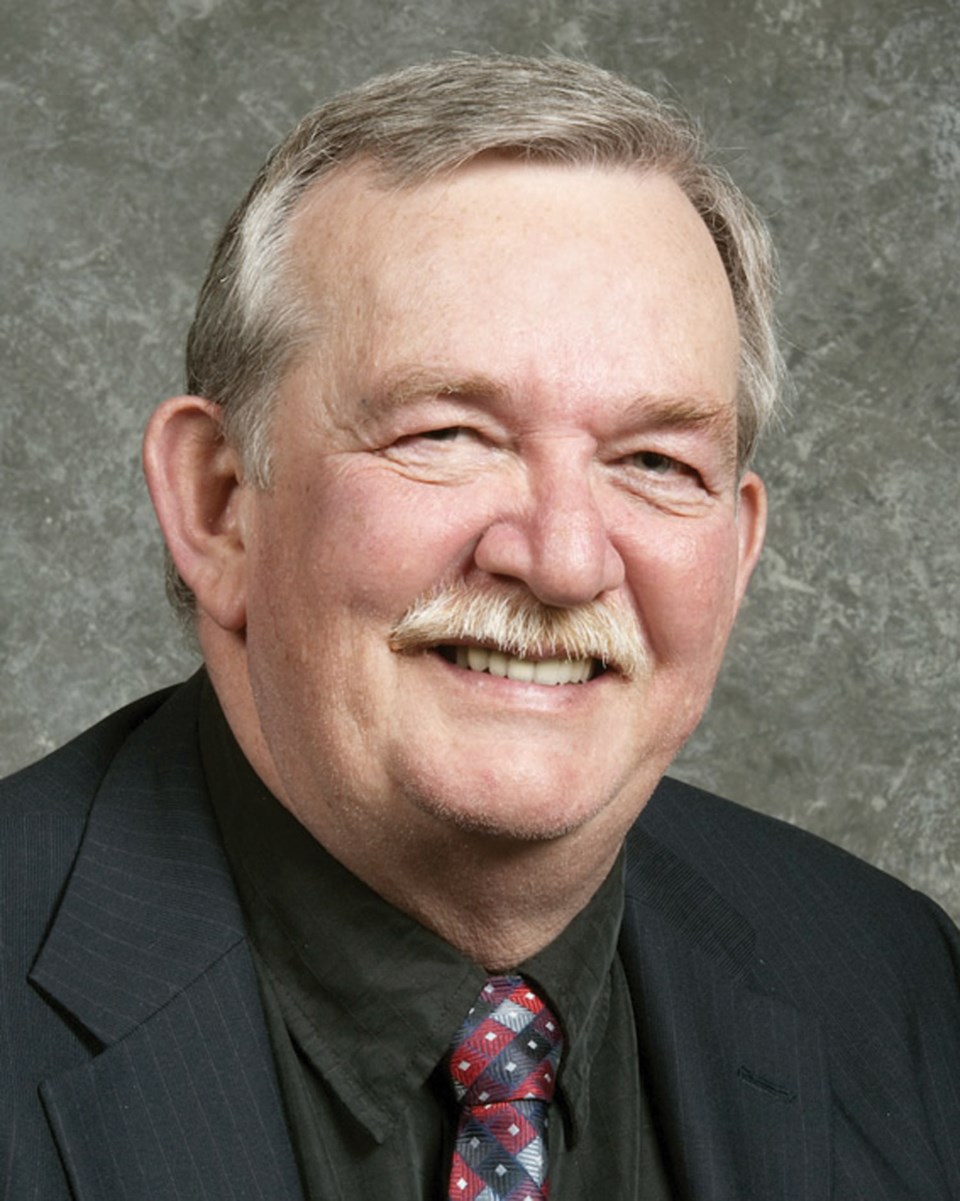Burnaby Mayor Derek Corrigan was in Sweden last week touring district energy systems and waste-energy facilities for Metro Vancouver.
Corrigan is vice-chair of Metro Van's zero-waste committee and travelled to Sweden for the week - learning about Sweden's energy solutions.
"It was five days of solid meetings and tours at four cities," he told the Burnaby NOW. "There was no time to see anything and that was a disappointing part. I'll suggest to them that future tours for people give a little more opportunity to see things because a lot of it was classroom stuff. It was a lecture tour."
Corrigan was with a dozen other Canadian delegates, touring Sweden's central parts of the country by bus and asking experts questions about the energy facilities.
"The questions were from all different perspectives," he said. "For people like me, I was more interested in the governance and the way the local governments worked, finding out how they operate. Local governments there get personal income tax, which is significantly different. That aspect of it was really something."
The experts he met with about waste-energy facilities were surprised to hear that landfills were still used in Canada, Corrigan said.
"They were surprised that people are still arguing about waste-to-energy facilities, which they said was absurd," he noted. "They said, 'You're actually looking at landfills, that's appalling.' They've banned landfills."
However, when asked about the European Parliament backing a resolution that aims to recover valuable materials ahead of landfilling - and a European directive questioning the further investment in waste-energy facilities - Corrigan said it's due to the recycling initiatives of those countries.
"Their diversion rates for recycling are not as high as ours are," he said. "I think the criticism is valid there - there's an over dependence on incineration because of it being waste-to-energy. We don't look at it from that perspective."
Corrigan said European countries over-depend on incinerators as a form of energy creation, which is not the focus of Burnaby's incinerator.
"We look at it not just as creating energy, but a byproduct of reducing waste," he added. "It's a good way for us to generate power for our houses, but we're saying it's a good way of getting rid of garbage. If we get the bonus of electricity out of it, it's nice, but not crucial.
"We want limited incineration, not dependence on it - it's a real distinction in the way we approach it."
One thing that surprised him on his travels was learning to what extent the country burns wood.
"The amount of biomass of energy they were generating was a big surprise," Corrigan said. "They're doing a lot of biomass, burning a lot of wood. The reason for the wood is because they consider it a replenishable resource."
Corrigan said the country's lack of access to hyrdo power and natural gas or oil resources led them to focus on wood.
"It's not an effective choice here, as the economics wouldn't work," he said.
Corrigan also noted the reluctance to develop more highrise structures there as people felt dislocated from their communities.
"What it did was it created really high-density in the neighbourhoods, more block forms ... it was kind of surprising to me," he said.
More details and photographs of Corrigan's trip will make up an upcoming Metro Vancouver report.



